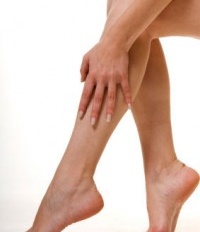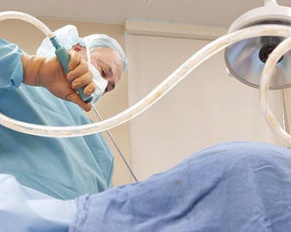Varicose veins, a common vascular condition, significantly impact the elderly population. Approximately 50 percent of women and 40 percent of…


Varicose veins, a common vascular condition, significantly impact the elderly population. Approximately 50 percent of women and 40 percent of…

Nowadays, non-surgical seems to be the buzzword around doctors’ offices that offer rejuvenation therapy, anti-aging procedures, and traditional plastic…
Spider veins are one of the most common conditions that affect people. While typically not dangerous, spider veins can be unsightly and cause embarrassment for those who have them. Some studies have shown that up to half of adult women in the United States and many men will develop them at some point. Luckily, there are many safe and effective treatment methods that can be used to eliminate them. However, like many conditions, the best strategy is to avoid developing them in the first place by understanding the risk factors and taking steps to prevent them. A vein center will be able to give specific advice for each individual situation if you notice spider veins developing or are worried that you might be at risk.